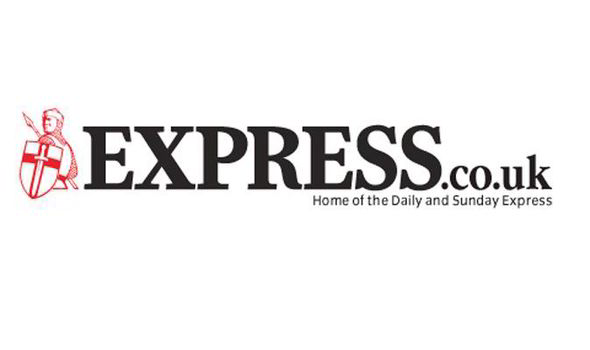In 2020, Chancellor Rishi Sunak announced a Stamp Duty holiday in an effort to buoy the flagging housing market. The holiday’s success has led to calls for the tax to be abolished, or at least replaced, to give a further boost to the housing market.
If you’re looking to buy a house in the near future, you may be wondering what such a change could involve. Read on to find out what a replacement for Stamp Duty may look like and how it could affect you.
The Stamp Duty holiday created a “mini-boom” which caused house prices to surge
Stamp Duty is a tax that you could be liable for when buying a residential property. It is charged in bands, so the more expensive the property, the higher rate of Stamp Duty you will pay.
First-time buyers don’t pay Stamp Duty if the purchase price is less than £300,000.
During the initial lockdown in 2020, social distancing rules made it impossible for surveyors and prospective buyers to view homes. This resulted in a slight fall in house prices as the market was unable to function properly.
Once the lockdown lifted, the chancellor announced a temporary Stamp Duty holiday to bolster the market and prevent a larger fall in house prices. During this holiday, buyers could save up to £15,000 in tax if they purchased a property before 31 March 2021.
The holiday worked as intended, giving many buyers a strong incentive to move home. As a result, the market experienced a “mini-boom” which caused house prices to surge. According to the BBC, the mini-boom caused house prices in 2020 to grow by 8.5%, despite the economic impact of the pandemic.
The disruption caused by Stamp Duty’s reintroduction has prompted calls for an extension
Thankfully for many people, the chancellor recently announced that he was extending the Stamp Duty holiday until the end of June. There will then be a taper, reducing the amount of Stamp Duty payable until the end of September 2021.
This is good news for many people, as there have been concerns that the reintroduction of the tax could disrupt many ongoing property sales.
According to a report published in the Times, experts have estimated that more than 300,000 house sales would have been affected by the government’s reintroduction of Stamp Duty. This is because many buyers could only afford to move due to the tax saving that the holiday provided.
While the prospect of housing market disruption has been avoided for now, Stamp Duty being in the public spotlight made many people more aware of the issues with the tax.
As a result, there have been calls from industry experts to rethink or even abolish Stamp Duty, as well as consider a rethink of property taxes in general.
Critics have proposed a proportional tax for homeowners based on the value of their property
One of the main criticisms of Stamp Duty is that it disincentivises people from moving house, as they need to save up the cost of the mortgage deposit as well as the added tax on top.
There have been calls for the government to abolish the duty in order to encourage more house sales. However, given the significant cost of the pandemic response, the government are likely to be hesitant to give up one of their sources of tax revenue.
According to figures from HM Revenue and Customs, reported in the BBC, the government’s annual take from Stamp Duty is around £12 billion each year, which is approximately 2% of the Treasury’s total revenue.
The charity Fairer Share have argued that property taxes should be reformed, stating that it is unfair for the burden to be placed solely on buyers. They propose that both Stamp Duty and Council Tax should be scrapped and replaced with a single new tax.
They have proposed an annual “Proportional Property Tax” which would be charged at 0.48% of a property’s value. For example, the owners of a £200,000 home would pay £960 per year with this new tax.
At this rate, not only would the new tax raise as much revenue as Stamp Duty, but it would also represent an effective tax cut for around 18 million households, which would be welcome news to many people.
Furthermore, Fairer Share have also proposed that second homes and homes owned by foreign buyers would have to pay a slightly higher rate of 0.96%. Alternatively, they proposed that the current form of Stamp Duty could remain in place for them.
If this change were to be implemented it would shift the tax burden onto homeowners, rather than home buyers.
The change could be good news for homeowners and buyers but bad news for landlords
If the government did agree to this reform, it’s unlikely that there would be any immediate change as they would need time to implement it.
That being said, if they did make the changes it could have significant implications for the housing market.
The losers of this policy would certainly be landlords, who would find themselves paying a much larger tax bill than they do now.
The reform would be good news for many homeowners and buyers, however. As previously mentioned, the new tax would actually represent a tax cut to many households due to the abolition of Council Tax.
Buyers would also have a much easier time affording a deposit, as they would no longer have to find the extra money for Stamp Duty. This could also make house sales much easier, thereby benefitting sellers.
Get in touch
If you want to know more about what the proposed changes could mean for you, we can help. Email us at office@verve-financial.com or call 0330 320 5048.





